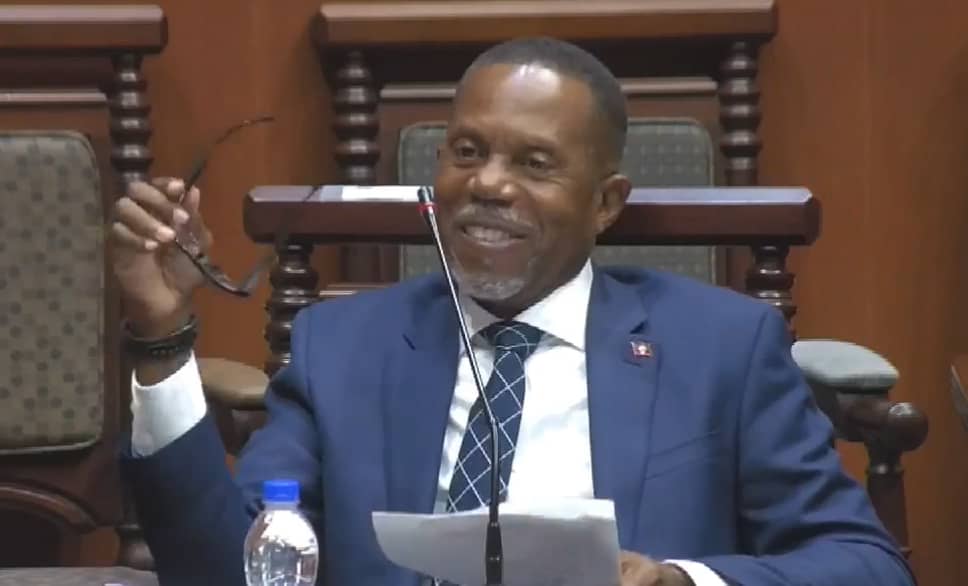
Parliament has enacted the Company’s Amendment (No. 2) Bill of 2024, introducing a mandatory two-year hiatus for directors of public companies and their subsidiaries after a consecutive 10-year term. This legislative change aims to enhance corporate governance by preventing directors from circumventing term limits through rotations between parent companies and subsidiaries.
The new law stipulates that individuals who have served as directors for 10 consecutive years in a public company or any of its subsidiaries must observe a two-year break before being eligible for reappointment.
Attorney General Steadroy Benjamin, who introduced the bill, emphasized its role in closing existing loopholes that allowed directors to extend their tenure indefinitely.
“This amendment ensures that directors cannot exploit legal gaps to entrench themselves in positions of power,” Benjamin stated. He highlighted that the legislation builds upon previous efforts to regulate directorship terms more effectively.
Opposition MP Sherfield Bowen supported the bill’s intent but proposed additional measures to strengthen its impact. He suggested eliminating the provision that allows directors to return after a two-year hiatus, advocating for a complete prohibition on reappointment after serving a 10-year term.
Bowen also recommended restrictions to prevent immediate family members of disqualified directors from assuming their positions, aiming to dismantle entrenched networks within corporate boards.
Prime Minister Gaston Browne expressed support for the amendment, acknowledging the necessity of preventing circumvention of term limits. He cautioned, however, against measures that might inadvertently deplete experienced leadership, especially in sectors like banking where expertise is limited. “We have to be careful that we do not throw out the baby with the bathwater,” Browne remarked, emphasizing the importance of balancing leadership rotation with the retention of institutional knowledge.
Barbuda MP Trevor Walker voiced strong opposition to the two-year hiatus provision, arguing that it does not go far enough to promote innovation and leadership renewal. “We have a lot of young, competent professionals in Antigua and Barbuda,” Walker stated. “The average school leaver is a university graduate.

There is no reason why we should be perpetuating this situation, moving it from six to ten years.” Walker advocated for stricter measures, including a complete prohibition on directors returning after serving a 10-year term, emphasizing the need for fresh ideas and opportunities for younger generations.
Advertise with the mоѕt vіѕіtеd nеwѕ ѕіtе іn Antigua!
We offer fully customizable and flexible digital marketing packages.
Contact us at [email protected]

















I am curious. How many public companies do we have in Antigua? What we should really be addressing is government Statutory corporations which boards are filled with political packets, whose only focus is to collect their cheque’s at the end of the month.
This makes no sense. 10 years seems long, but 10 years is very short in the light of gathering experience and exposure and being able to positively steer a company. What government need to look at if anything is their state owned businesses, as well as political powers. For example, enacting a law that Prime Ministers can’t be in power for more than 2 terms! You guys are in everybody’s business except your own. This feels like a dictatorship. Leave people’s businesses that they have sweat and laboured to build, and look at how you are running this country.
Cutie Bejamin should be the last person to talk about anybody “entrench in positions of power” why doesn’t he give way for a young, aspiring individual to take his place as the ABLP caretaker for City South??
I would like to see the boards in the Public Companies be comprise the same way as we appoint senators. The Governing Leader appoints the majority and the chair and the Opposition leader appoints the minority and deputy chair.
Comments are closed.